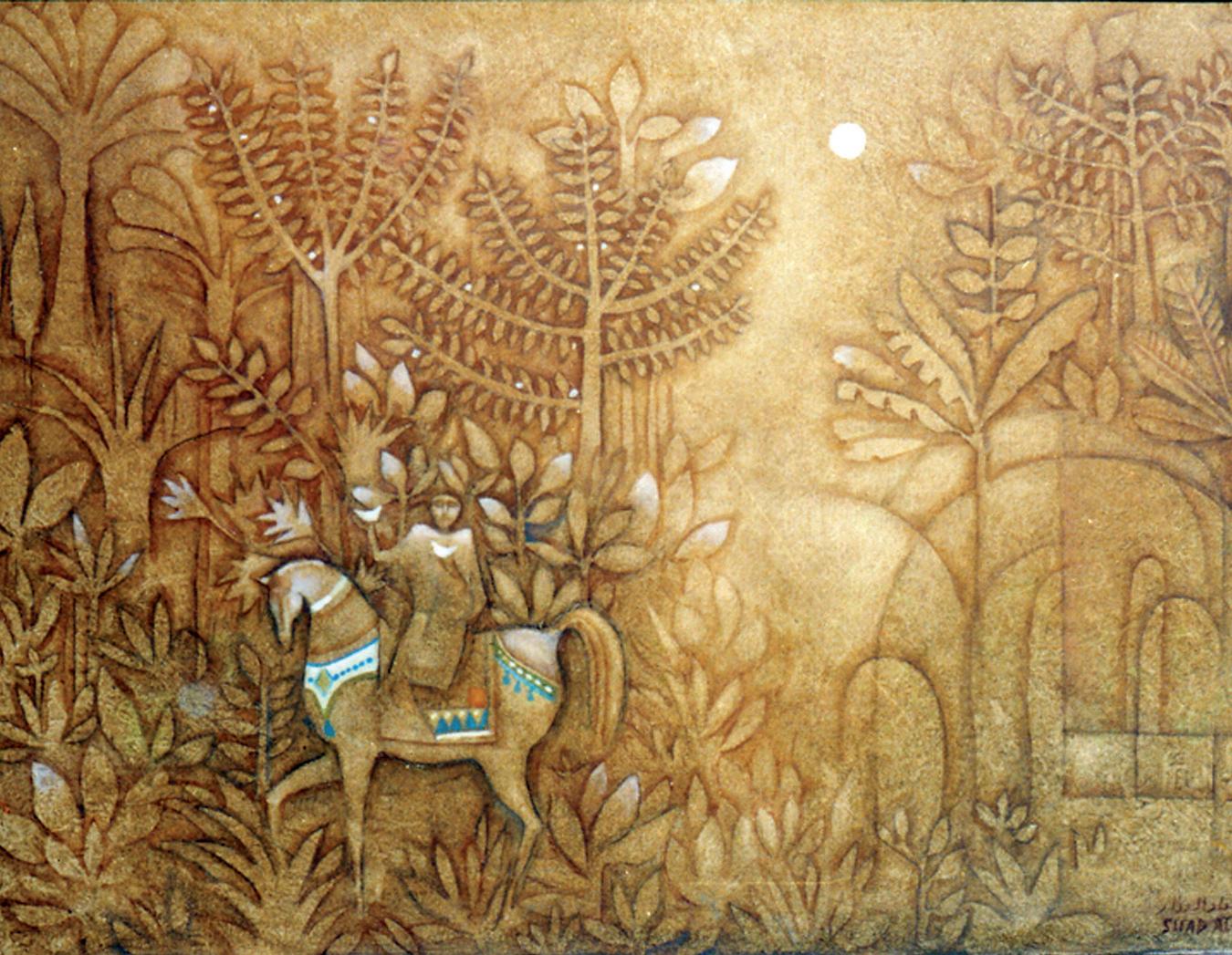BOOK REVIEW SØREN KIERKEGAARD WHAT LOVE DOES
Arjo Klamer
I bow my head to lo
Reciprocity is a concept an economist can work with, even if it concerns immaterial matters: you do something for someone else, and the other one does something for you in return. However, the observations of Søren Kierkegaard about true love surpass this form of moral bookkeeping in a surprising way, at least, this is how the economist Arjo Klamer experiences it. ‘It make me speechless.’
I
f anything gives a distorted image, it is the addition and subtraction of bookkeepers. Periodically, all of us are confronted with it, if we have to complete our tax returns or to compile financial statements. Revenue, expenses, assets and liabilities: adding and subtracting, and we know how much we have earned or how rich or poor we are. All these figures look solid and the results seem incontrovertible, but how realistic are these figures actually? Do they indeed do justice to the essential aspects of life? Does my income say anything about the quality of my family life? Does a balance sheet tell us anything about the inspirational power of an organisation? And what does the GNP say about the strength of a society? Did you ever calculate your happiness? These questions are a bit peculiar for an economist. We economists are purportedly occupied with the profane, with everything that can be expressed in monetary terms. What matters to us
46 pentagram 3/2012
would be the exchange, this for that, quid pro quo. The world of economics is the hard world, far removed from everything soft, like feeling, beauty, love and holiness. This certainly applies to matters like a caring family life, an inspiring organisation and a strong society. Therefore, if an economist takes up Søren Kierkegaard’s book What Love Does, you should not expect that he can do very much with it, at least not as an economist. As the son of a vicar, this is different for me. Books of the Danish philosopher were regularly on the bookstand downstairs. Kierkegaard was the philosopher who confronted me with the value of truthfulness. If I wanted to know how hypocritical, hesitant and fearful my own life was, I read his obsessive struggle with the existential questions, his consistent attempts to fathom these questions and about his life that was, seemingly, consistent with his own conviction. I was immensely intrigued by the fact that he wanted to break with the only great love of his life, the love for a woman, because of his struggle with true love that, according to his conviction, surpassed this other love. How could he, I wondered desperately during my









